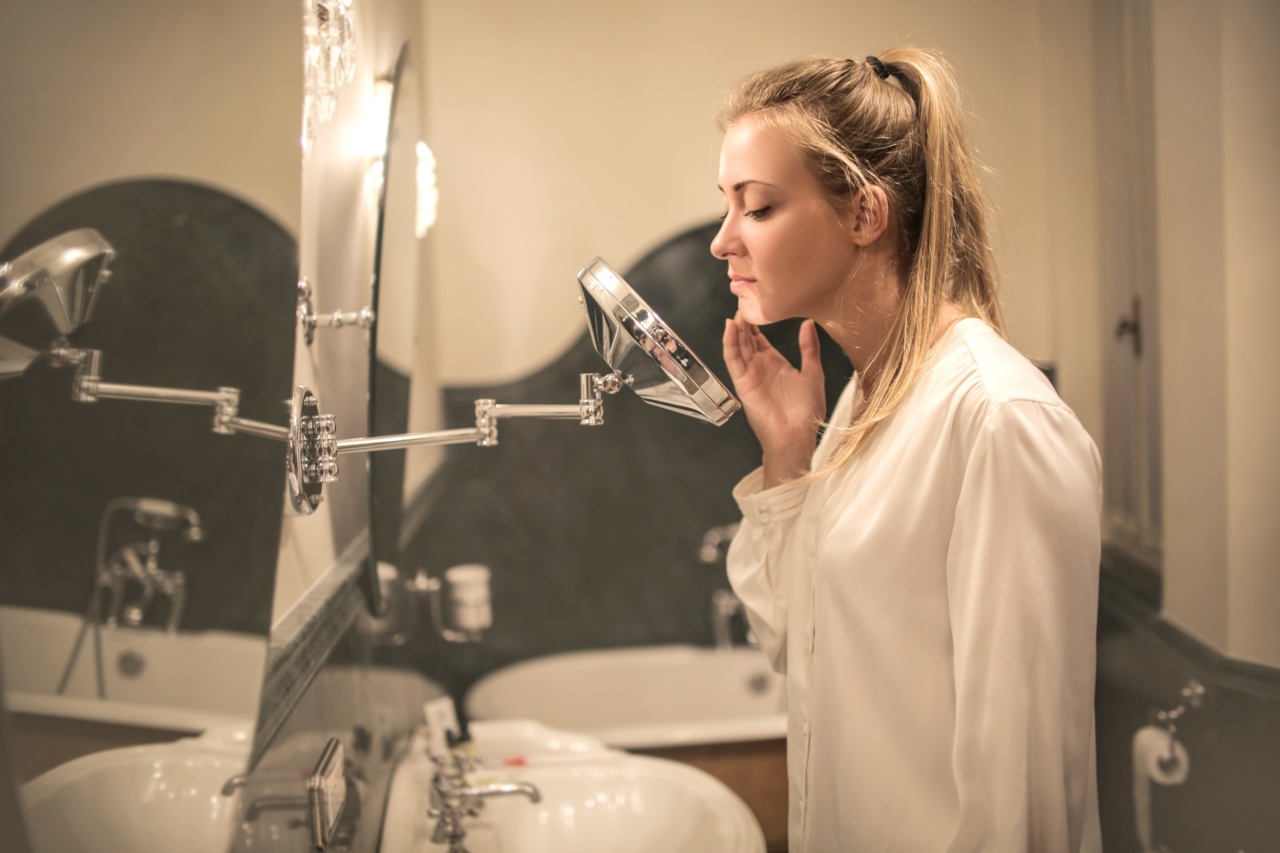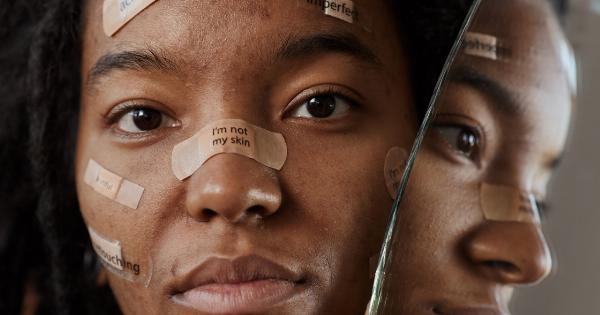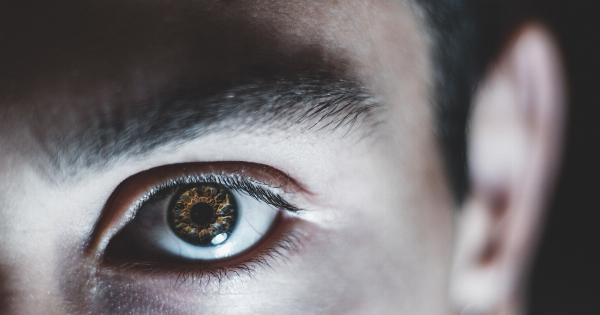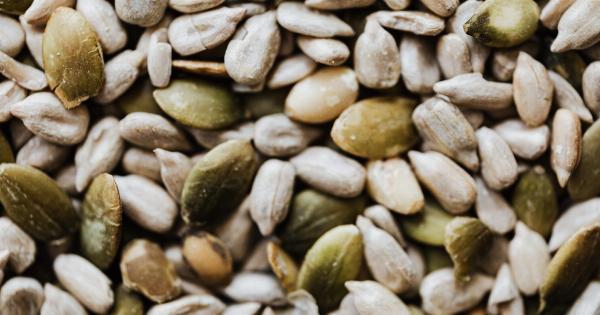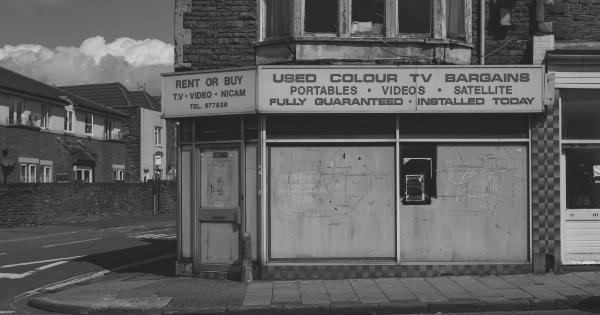Acne is one of the most common skin conditions affecting people of all ages. It can be frustrating, embarrassing, and even painful. There are a lot of myths and misunderstandings about the causes and treatments of acne.
In this article, we’ll clear up some of the confusion surrounding acne and help you find effective ways to manage it.
What Causes Acne?
Acne is caused by a combination of factors, including:.
- Excess oil production
- Clogged pores
- Bacteria
- Inflammation
- Hormones
When the sebaceous glands in the skin produce too much oil, it can mix with dead skin cells and clog pores, leading to the formation of blackheads, whiteheads, pimples, and cysts.
Bacteria thrive in this environment, which can cause further inflammation and make acne worse.
Some people are more prone to acne because of hormonal imbalances, such as during puberty or pregnancy. Certain medications, such as steroids and anticonvulsants, can also cause acne.
Myths and Misunderstandings About Acne
Myth: Chocolate and Junk Food Cause Acne
There’s no scientific evidence that eating chocolate or junk food causes acne. However, a diet high in processed foods and sugar can contribute to inflammation in the body, which may make acne worse.
Myth: You Shouldn’t Moisturize if You Have Acne
Moisturizing is important for all skin types, including acne-prone skin. Look for oil-free, non-comedogenic moisturizers that won’t clog pores.
Myth: You Should Scrub Your Skin to Get Rid of Acne
Scrubbing your skin too hard can actually make acne worse by irritating the skin and spreading bacteria. Instead, use a gentle cleanser and avoid touching or picking at your skin.
Myth: Acne is Just a Teenage Problem
While acne is more common during puberty, it can affect people of all ages. Adult acne is becoming increasingly common, particularly among women.
Treatment Options for Acne
The right treatment for acne depends on the severity and type of acne you have. Mild acne may be managed with over-the-counter treatments, while more severe cases may require prescription medications.
Over-the-Counter Treatments
There are several over-the-counter treatments that can be effective for mild acne, including:.
- Benzoyl peroxide: kills bacteria and reduces inflammation
- Salicylic acid: exfoliates skin and unclogs pores
- Niacinamide: reduces inflammation and redness
It’s important to follow the instructions carefully when using these treatments, as they can cause dryness, redness, and irritation if overused.
Prescription Medications
If over-the-counter treatments aren’t effective, your dermatologist may recommend prescription medications, such as:.
- Topical retinoids: reduce oil production and unclog pores
- Antibiotics: kill bacteria and reduce inflammation
- Oral contraceptives: regulate hormones in women
- Isotretinoin: a powerful medication that reduces oil production and unclogs pores, but can have serious side effects
These medications should only be used under the guidance of a dermatologist, as they can have side effects and interact with other medications.
Preventing Acne
While it’s not always possible to prevent acne, there are several things you can do to reduce your risk:.
- Cleanse your skin twice a day with a gentle cleanser
- Avoid touching or picking at your skin
- Use non-comedogenic, oil-free moisturizers and makeup
- Eat a healthy diet and drink plenty of water
- Manage stress through exercise, yoga, or meditation
Conclusion
Acne is a common skin condition that can be frustrating to deal with. By understanding the causes and treatments of acne, you can take steps to manage it effectively.
Don’t believe the myths and misunderstandings about acne – talk to a dermatologist and find a treatment plan that works for you.
